The main direction of the CPFE activity is the monitoring of the free speech situation in Armenia, detection of and responding to the violations of the rights of journalists and the media, as well as drafting and publication of periodic reports on the basis of the above data. The CPFE also takes practical steps to protect the rights of the media and their representatives, including before courts. An important area of the Commitee’s activities is the improvement of the media-related legislation. With a view to this, the CPFE drafts new legislation and amendment packages and submits them to the parliament.

On May 1, 2024, the CPFE started implementing a two-year project supported by the National Endowment for Democracy, which is a logical continuation of the activities of recent years. In particular, it envisages the development of a Concept for Reforming the Media Legislation of Armenia. The fundamental principles outlined in this document will be used to develop new draft laws that comply with international norms. This work will be carried out jointly with partner journalistic organizations, as well as with the specialized commission of the National Assembly and the RA Ministry of Justice. Within the framework of the project, the CPFE will continue to monitor the situation in the field of freedom of speech and violations of the rights of journalists and media, and will publish periodic reports based on the collected data. Steps will be taken through legal mechanisms to protect the rights of journalists and media. The activities of the Information Disputes Council, which reviews various disputes, including court cases related to media, and adopts expert opinions, will continue. These documents are sent to disputing parties, courts, and are also published on the IDC website.
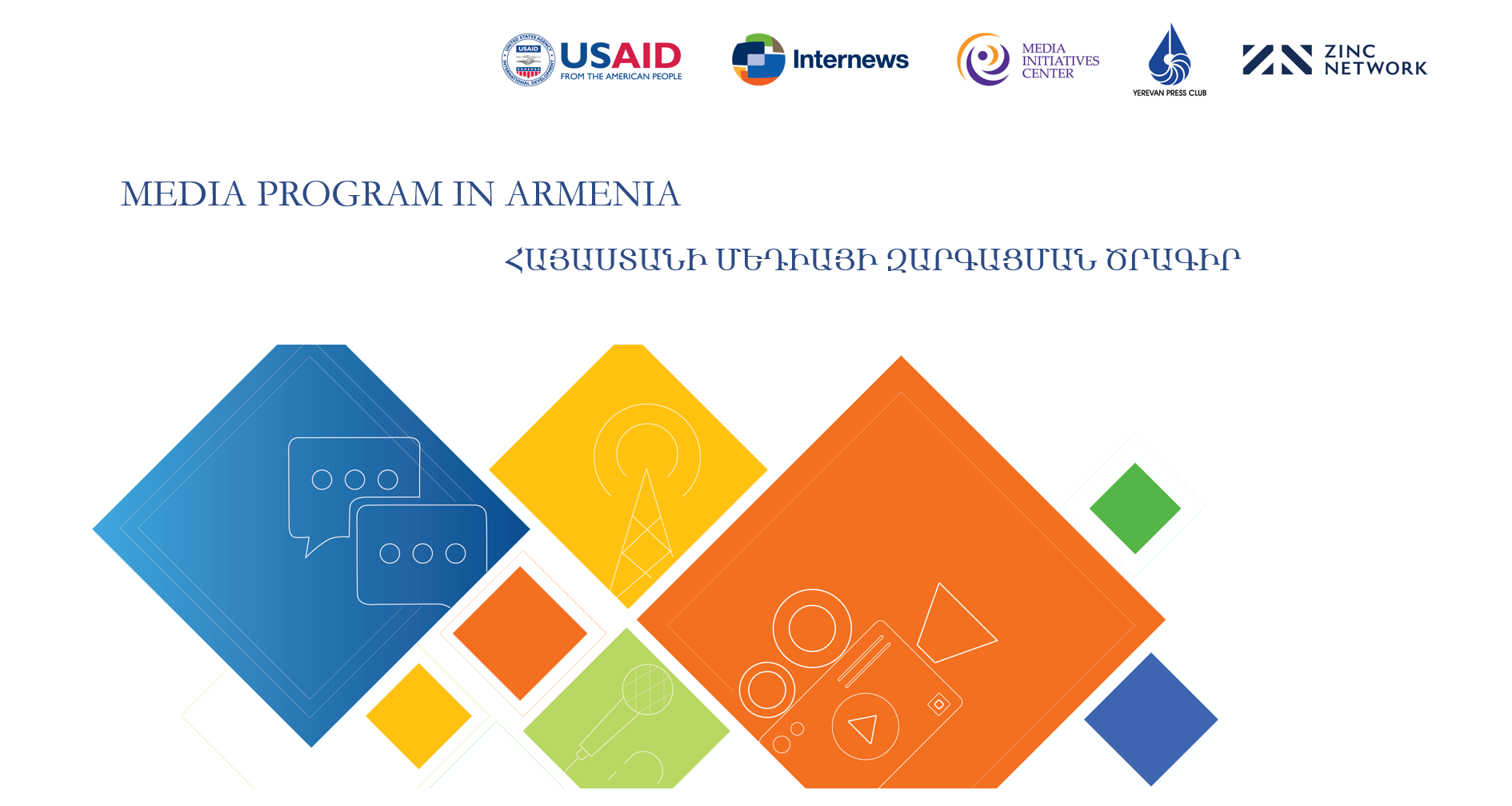
On November 5, 2023, the Committee to Protect Freedom of Expression launched a project to establish and operate the Media Defense Fund.
This project is made possible by the generous support of the American people through the United States Agency for International Development (USAID) as part of Media Program in Armenia. The project is implemented by Internews in partnership with Media Initiatives Center, Yerevan Press Club and Zinc Network.
The Media Defense Fund was established on November 20, 2023, and is currently active in 4 main areas: 1) protecting the rights of journalists and media in court; 2) providing free legal advice to journalists and media; 3) conducting a series of trainings and seminars to enhance the legal literacy of journalists; 4) monitoring court cases against journalists and media, preparing an Analytical Report based on its findings, publishing and presenting this report to the public.

From July 15, 2023 to February 28, 2024, the Committee to Protect Freedom of Expression, with the support of the Canada Fund for Local Initiatives, implemented the project “Improving the Judicial Practice in Considering Cases Related to Insult and Libel in Media Publications: Monitoring and Presenting its Results to the Public.” Court cases against journalists and media were monitored, and an Analytical Report was prepared based on the collected data. This report was published on the CPFE website, the organization’s Facebook page, and was presented to the public through a press conference. A final round table was held for expert discussion of the monitoring findings and the Report. As part of the project, 3 short movies about the most “high-profile” court cases against journalists and media were released. These movies were also posted on the CPFE website, YouTube channel and the organization’s Facebook page, and were broadcast by A1+ TV Company.
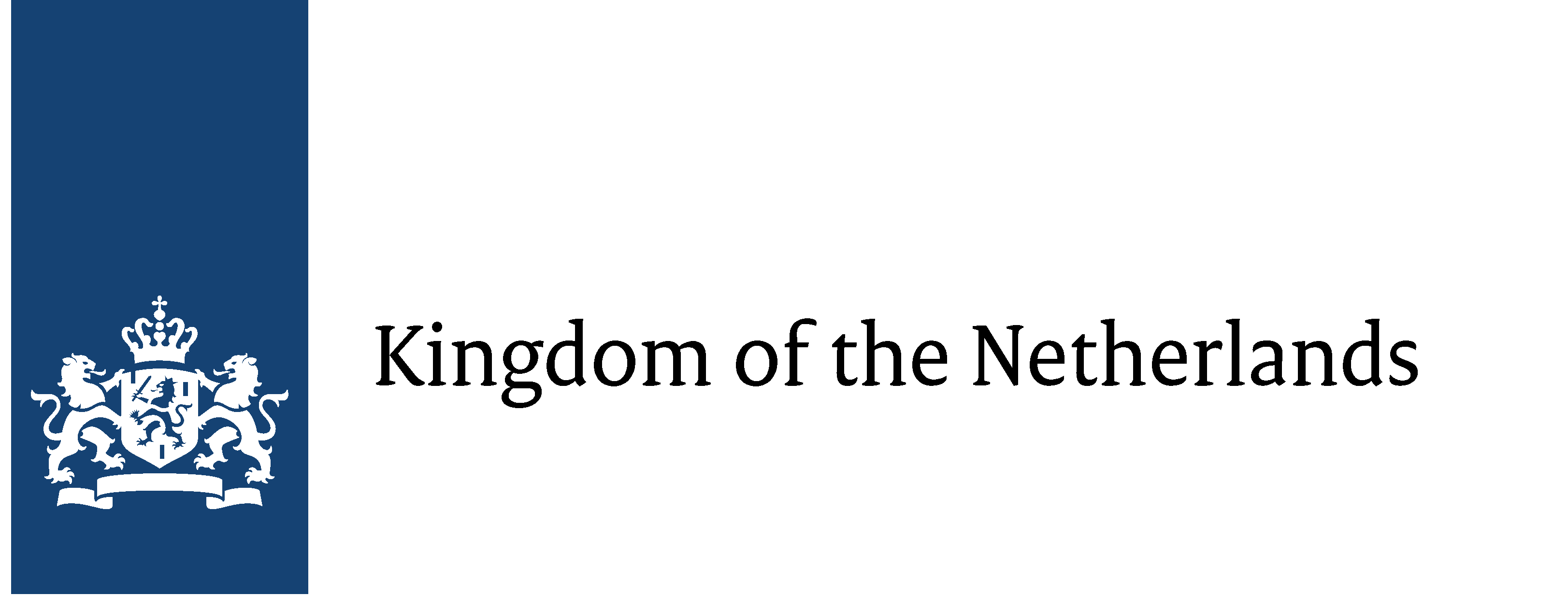
From June 1, 2022 to January 31, 2023, the Committee to Protect Freedom of Expression, with the support of the Ministry of Foreign Affairs of the Netherlands, carried out the project “Courts Cases Related to Insults and Libel in Media Publications”. As part of the project, court cases against journalists and media were monitored, and an Analytical Report was prepared based on the collected data, which was published on the CPFE website and the organization’s Facebook page, and presented to the public through a press conference. A final round table was held for expert discussion of the monitoring findings and the Report. The project also produced 5 short movies about the most “high-profile” court cases against journalists and media. These movies were posted on the CPFE website, YouTube channel and the organization’s Facebook page, and were also broadcast by A1+ TV Company.

From May 1, 2022 to April 30, 2024, the Committee to Protect Freedom of Expression implemented the project “Advocating for Media Reforms in Armenia,” supported by the National Endowment for Democracy. Within the framework of the project, the situation in the field of freedom of speech and media activities was constantly monitored, quarterly and annual reports were published, including on violations of the rights of journalists. Practical steps were also taken to protect the rights of media employees, including representing their interests in law enforcement agencies and courts. The key component of the project was the development of proposals for improving the media legislation and their submission to parliament. The activities of the Information Disputes Council continued, more than 20 expert opinions were adopted on various disputes and court cases related to media. The production of audiovisual content on current socio-political issues in the country became a new area of activity for the CPFE. Over the course of 2 years, with the technical support of A1+ TV Company, around 80 weekly programs titled “Monologue” and “Talk for All” were produced.
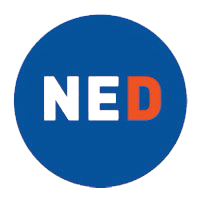
From May 2020 to April 2022 the CPFE with the financial support of National Endowment for Democracy implemented the project, which provides the monitoring on situation with freedom of expression and violations of journalists and media rights in Armenia, preparation of quarterly and annual reports, as well as elaboration of legislative proposals aimed at the development and improvement of the media sector, submission to the National Assembly. Within the framework of the program, the activity of the Information Disputes Council was restored, which was terminated 5 years ago due to lack of funding. The Board, which consists of media executives, media experts, lawyers, studies various conflict situations related to the activities of the media, lawsuits, prepares conclusions based on it and publishes them. Also round tables were organized to discuss the existing problems in the information sphere and to find solutions.

From July 2020 to January 2021 the CPFE, with the support of Justice for Journalists international organization, monitored court cases involving media outlets and journalists. The need for this monitoring was conditioned by the unprecedented increase of lawsuits against journalists and media outlets. In this regard, it was important to analyze in which cases the plaintiffs want to “get even” with media through courts, in which cases the media really oversteps the bounds․ Do courts manage to maintain a fair balance between the protection of freedom of expression as defined in Article 10 of the Convention for the Protection of Human Rights and Fundamental Freedoms (European Convention), on the one hand, and the right to protection from expressions, targeting persons’ reputation and dignity, as guaranteed by Article 8 of the same Convention? Based on the results of the monitoring, an analytical report with infographics was prepared. The document was presented to the public through a press conference, posted on the CPFE website and Facebook page. Within the framework of the program, five 7-8 minute videos were prepared on the most noisy cases with the participation of mass media and journalists.
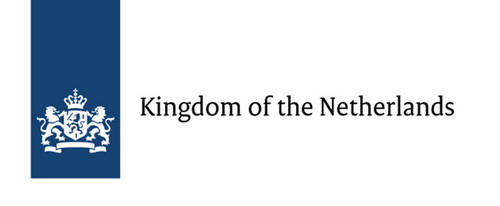
From June 2019 to July 2020 the CPFE implemented the project “Protecting the Rights of Journalists and Countering the Narrative Discrediting the European Values’’ with the financial support of the Government of the Kingdom of the Netherlands. The project foresees monitoring of a number of Armenian and Russian media outlets with a view to detecting hate speech, diverse propaganda, and negative stereotyping in the mass media. An expert conclusion will be drawn on the basis of the outcomes of the monitoring, including relevant recommendations. Apart from this, protection of the rights of journalists before the law enforcement bodies and the courts will be ensured, in two criminal cases in particular: one instituted on the facts of the events of 29-30 July in Sari Tagh district of Yerevan and the other – in relation to the events of Electric Yerevan on 23 June 2015 on Baghramyan Avenue. In both cases dozens of journalists were victims. The materials of these cases were sent to the international structures.

From June 2019 to May 2020 the CPFE implemented a project “Legislative Changes to Ensure Transparency of Media Ownership and Protection of Journalists’ Rights”, with the financial support of the National Endowment for Democracy. In parallel, the situation of freedom of speech was monitored, and incidents of violations of the rights of the media and journalists were recorded. On the basis of the collected facts quarterly reports prepared and presented to the public in press conferences and individual publications.

From July 2018 to July 2019, the CPFE implemented the project “Overcoming Legislative Restrictions in the Areas of Freedom of Information and Media’’ with the financial support of the European Endowment for Democracy. A special working group was created which prepared and submitted drafts of amendments to a number of laws (in particular, the Law on Proceurement, the Law on the Protection of Personal Data, the Law on the Local Self-Governance in the City of Yerevan, etc.) to the National Assembly. The expert group also prepared a new draft Law on Television and Radio. Along with its partner organisations, the CPFS took measures towards circulating these documents in the parliament and the Government. A number of publications were prepared with a view to raising public awareness and generating public support, and 5-7-minute-long videos were produced on the legislative provisions restricting freedom of information and the activities of the mass media.

From February 2018 to January 2019 the CPFE implemented the project “Development of Initiatives on Protection of journalists and media rights in Armenia’’ with the financial support of the National Endowment for Democracy, which is the continuation of similar activities sponsored by the NED in 2016-2017. In the framework of the project the situation in respect of the enabling environment for journalists and the media and incidents of violations of the rights of the media and journalists were recorded. On the basis of the collected information qaurterly and annual reports were prepared and presented to the public in press conferences. The CPFE also initiated practical measures to protect the rights of the media and journalists also before the courts. In some cases the materials were forwarded to international structures, including the European Court of Human Rights and the UN Human Rights Committee.
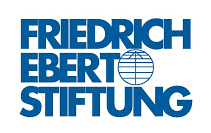
From February to May 2017, the CPFE implemented the project “Monitoring of Programs and Press Conferences Held by Political Parties Participating in the Parliamentary Elections 2017” jointly with the Friedrich Ebert Stiftung monitored the campaign and press conferences of the political parties and party alliances running for the 2 April parliamentary elections. Two analytical reports were drawn and published on the basis of the collected information. The monitoring outcomes were also discussed during the final round table.
From April to October 2016, the CPFE implemented the project “Establishing Favorable Legislative and Social Conditions for Digital Broadcasting in Armenia’’ with the financial support of the Friedrich Ebert Stiftung. In the framework of this project a working group was created, which developed two drafts of legislative amendments to the RA Law on Television and Radio. In parallel to this, an awareness raising campaign for the marz population on the process of transition to digital broadcasting, the problems in these areas and the possible solutions was held. With a view to this, 9 television talk shows were produced, which were broadcast by local televisions. The problems of digitalization were also discussed in a round-table organized at the end of the project.

From May to November 2016, the CPFE implemented the project “Digital Rights and Personal Data Protection in Armenia’’ with the financial support of the Open Society Foundations – Armenia. In the framework of the project a series of round-table discussions was held on various issues related to the privacy of citizens and individual data protection. Information on the round tables was published in the websites of a number of mass media outlets and the CPFS.
From November 2015 to January 2016, the CPFE implemented a project “Monitoring of the Public and Private TV Companies in Armenia during the period of campaign for the referendum of the RA Constitutional amendments” with the financial support of the Open Society Foundations – Armenia, which envisaged two monitoring efforts into the activities of the broadcast media in the period preceding the campaign of the 6 December 2015 Constitutional Amendments. One of them aimed at covering the press conferences of the representatives of the political forces and other public figures via the television companies having national coverage and operating in the capital Yerevan. The second aimed at exploring the activities of the Public Television and Radio Company in terms of allocating equal paid and unpaid air time to the political forces represented in the RA National Assembly. On the basis of the collected data analytical reports have been produced and published. The outcomes of the two studies were discussed in a final round table.
From August 2015 until January 2016, the CPFE implemented the project “Protection the Rights of Journalists and Cameramen Attacked During #ElectricYerevan Events’’ with the financial support of the Open Society Foundations – Armenia. In the framework of project the Committee started monitoring of the criminal case instituted on the fact of these events, took practical measures to protect the interests of the victimized journalists and cameramen.

From April to November 2015, the CPFE implemented the project “Discussion of urgent problems concerning freedom of expression and activities of the Armenian media” with the financial support of the Friedrich Ebert Stiftung, helding a series of round table discussions and concluding conference on the key issues in the area of the right to freedom of speech and media activities in Armenia.

From April to October 2014 and from February to July 2015, the CPFE implemented 2 projects “Enabling Favorable Legal and Social Environment for Armenia’s Transition to the Digital Broadcasting” with the financial support of the OSCE Office in Yerevan. In the framework of the projects the process of transition to digital broadcasting was monitored and on the basis of the obtained data an analytical report was prepared. An awareness campaign was also organized to raise public awareness on the key issues of digitalization and their possible solutions. In particular, special programmes (talk shows) were produced and broadcast via marz television companies and press conferences were held in the capital.
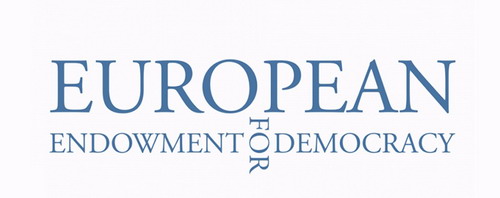
From July 2014 until January 2015, the CPFE implemented the project “Supporting Freedom of Expression and Media in Armenia’’ with the financial assistance of the European Endowment for Democracy, based on the results of which the CPFS drew up and published its 2014 annual report and took practical measures to protect the interests of journalists and media outlets.
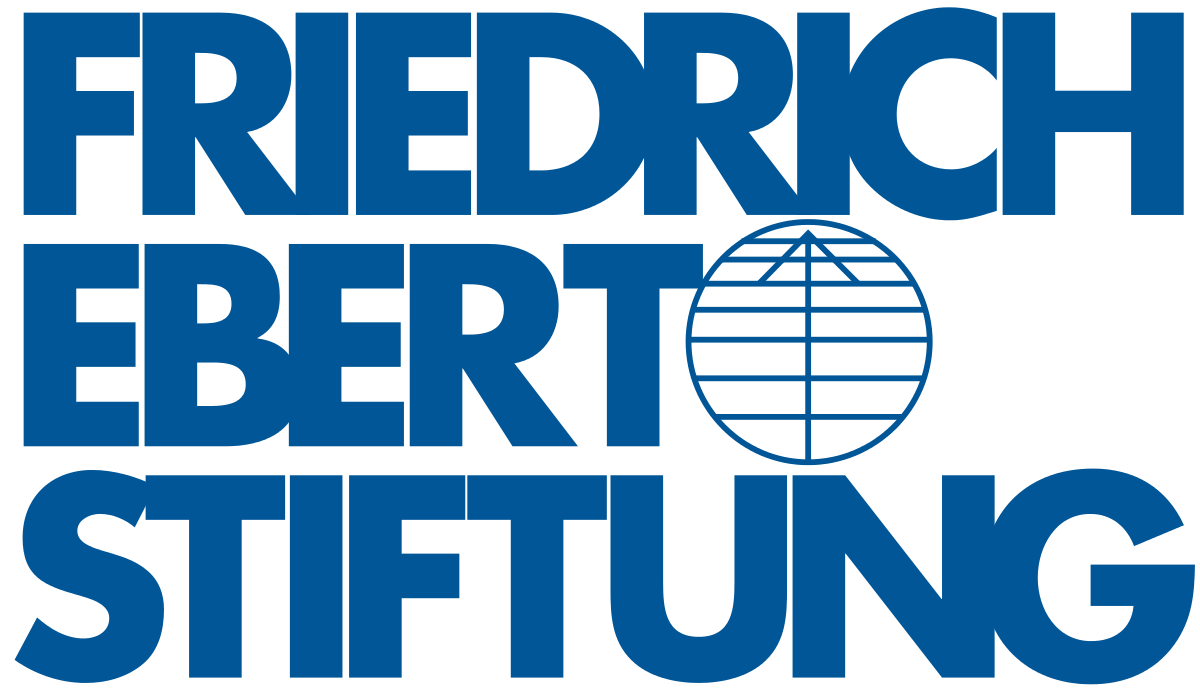
From April to November of 2014, CPFE implemented a project “Monitoring of Official Websites of State Bodies and Evaluation of their Information Transparency” with the support of the Friedrich Ebert Foundation. CPFE has been monitoring the official websites of ministries, other central and local government agencies to determine their level of information transparency. The project involves cooperation with these government agencies in order to improve their websites. The collected data will be summarized in a report, to be published as a separate brochure in three languages (Armenian, English and Russian).
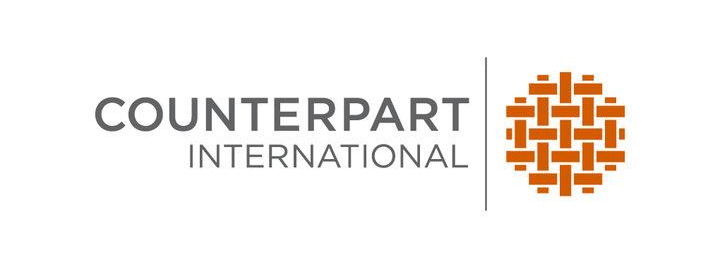
From September 2013 to March 2014, CPFE implemented a project ” Monitoring of Court Cases Related to Insult and Defamation in the Armenian Media” with the support of Counterpart International-Armenia. CPFE monitored court cases on insult and libel in the media. The collected data was summarized in an analytical report discussed during a round-table and posted on this website.

From February 2013 to February 2014, with the support of Open Society Foundations-Armenia, CPFE monitored the implementation of Armenia’s commitments on freedom of information, taken on under the Open Government Partnership international initiative. Expert conclusions and the final analytical report were published on the basis of this study. Recommendations on standardization of content of official websites were also developed. Most of the recommendations were later used in the RA Government’s Decisions of December 26, 2013 on “Approving the Requirements for Official Government Websites.”
From February 2013 to January 2014, with the support of Open Society Foundations-Armenia, CPFE implemented a project on “The Media in the Presidential Election Year: Monitoring of the Situation and Reaction to Challenges in the Area of Information.” Under the project, CPFE monitored the situation with the freedom of expression, took measures to protect the rights of journalists and the media, monitored media publications to identify any hate speech and analyzed the ways to overcome these problems. The study resulted in analytical reports posted in the relevant sections of this website.
From January 2012 to January 2013, with the support of Open Society Foundations-Armenia, the Committee to Protect Freedom of Expression implemented a project “The Media and the elections-2012: research on the situation with the information sphere and the reaction on the threats to freedom of speech.” Two studies were conducted: monitoring of coverage by TV companies of press-conferences organized by different political parties in capital based press clubs during the campaign -2012; monitoring of law suits filed against media concerning insult and defamation. Quarterly reports on the situation with freedom of speech and violations of media and journalists’ rights in Armenia will be prepared and published, as well as press-conferences and round tables will be organized within the framework of the project.
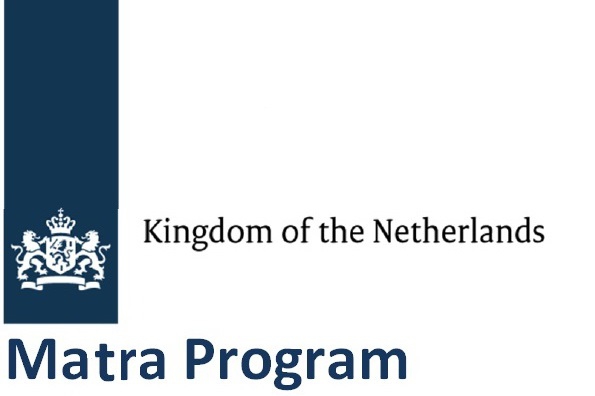
From December 2011 to November 2012, with the support of the Government of the Netherlands’ MATRA program the Committee to Protect Freedom of Expression implemented trainings for the staff of the regional TV stations of Armenia. The aim of the project was to improve the activities of local TV stations concerning the coverage of urgent social-political and social-economic problems of the country. Trainings in 10 TV stations from 9 regions of Armenia are envisaged (the region of Vayots Dzor is excluded, as there is no TV station there).

From January of 2011 to January 2014, with the support of the National Endowment for Democracy (NED), the Committee to Protect Freedom of Expression implemented three annual projects of monitoring of the official websites of Armenia’s state authorities to estimate the level of information transparency. Every year, based on the results of the first year of monitoring an analytical report was prepared and published as a separate brochure in three languages (Armenian, English and Russian). The first brochure was called “Government and Transparency” (2011). The second was entitled “Authorities and Information Accessibility” (2012) and the third – “Access to Official Information and Open Governance” (2013). In the beginning, 38 government websites were monitored. This number increased to 52 in the later studies. Since 2013, the study has been using a new automated information system (EXMO, later renamed to INFOMETER), developed by the Saint Petersburg Institute for Information Freedom Development.

From January to December of 2011, with the support of Open Society Foundations-Armenia the CPFE implemented a project, the aim of which was to observe the situation in the sphere of freedom of speech, the protection of media and journalists’ rights, the manifestations of hidden censorship among media and elaboration of countermeasures. Within the framework of the project the work group of the CPFE continued working on the package of the suggestions and recommendations on improvement of the Armenian Law “On Television and Radio,” as well as on opportunities of overcoming the problems in the broadcasting sphere, including problems concerning the transition from analog to digital broadcasting. Besides this, with the support of the Open Society Foundations’ Media Program a research was conducted and a report on the implementation of the digital technologies in Armenia’s media sphere was prepared. This became a part of a scaled international program initiated by OSF and implemented in 60 countries of the world.
From December of 2009 to December of 2010, with the support of Open Society Institute Assistance Foundation – Armenia, the Committee to Protect Freedom of Expression implemented a “Research on the situation of freedom of speech in Armenia and the advocacy in the information sphere” project. A survey on the level of media freedom in Armenia based on the methodology of Freedom House (FH) international organization (adapted to the local conditions) was conducted, taking into account the influence of legal, political and economic factors. The CPFE also observed the violations of media and journalists’ rights, prepared quarterly reports. Moreover, within the framework of the project a special work group was formed for observing the process of the transition from analog to digital broadcasting. This group prepared and published a report containing a package of suggestions concerning the solution of legislative, technical and social problems of digitalization process.

From November 2009 to April 2010, with the support of UNESCO, the Committee implemented trainings for the staff of the regional radio stations. The aim of the project was to prepare and launch modern social-political radio programmes by local radio stations. The project was implemented in Syunik, Gegharkunik, Lori and Shirak regions.

From September to October 2009, with the support of Open Society Institute Assistance Foundation – Armenia, the Committee implemented a short term project on analyzing and evaluating the freedom of speech and media, as well as developing the freedom of information based on international experience. Afterwards, a programme on the protection of public interests in the information sector of Armenia was drafted and implemented locally by using the international experience.
From June to September 2009, with the support of Open Society Institute, the Committee implemented a monitoring on European Neighborhood and Partnership Instrument programme in Armenia. Based on this a report was prepared which was included in the combined report of 5 member countries (Azerbaijan, Armenia, Moldova, Georgia, Ukraine) of “Eastern partnership”.
From November 2006 to December 2009 the Committee to Protect Freedom of Expression, with the support of Open Society Institute Assistance Foundation-Armenia and the Government of the Netherlands, implemented a three-year project “Advocacy through empowerment of regional media and journalistic organizations”. Within the framework of the project the experts of the Committee were observing the activities of regional media, drafting advices and suggestions, organizing round tables in the regions of Armenia with the participation of regional media, the representatives of journalists’ organizations, political and public figures. The discussions were held on the following topics: freedom of speech, media, information, urgent issues for the protection of the journalists’ rights. Within the first two year project implementation period the local TV companies produced TV programmes on the above mentioned topics. In the scope of the programme a sociological survey was implemented to clarify the information requirements of the regional media audience, as well as an expert survey was realized in the regions and in the capital with media and the representatives of the public and political organizations. The suggestions on improving the activities of local media were drafted by analyzing and comparing the results of the monitoring, sociological and expert surveys. The outcome of the project was compiled and published in the “Media and the protection of public interests” publication.
From February to May 2006, with the support of Open Society Institute Assistance Foundation – Armenia, the Committee implemented the “Broadcasting of the urgent public and political issues on the air of the “Yerkir Media” and regional TV companies” programme. The aim of the project was the broadcasting of views and attitudes of different political parties and leading NGOs on the urgent issues that country is facing, as well as discussing the activity issues of media and journalists. Within the framework of the project the “Press Club” and “Press Club +” TV programmes were produced and broadcasted on the air of the “Yerkir Media” and 10 regional TV companies of Armenia, which in a short period of time became very popular. Afterwards, this project was continued by the partner organizations (Yerevan Press Club, Media Diversity Institute).

In February 2006 the Committee, with the support of the Council of Europe, organized “Legislative Regulation of Freedom of Information in Armenia and Practice” international seminar in Yerevan with the participation of journalists, representatives of state bodies and public organizations as well as foreign experts.
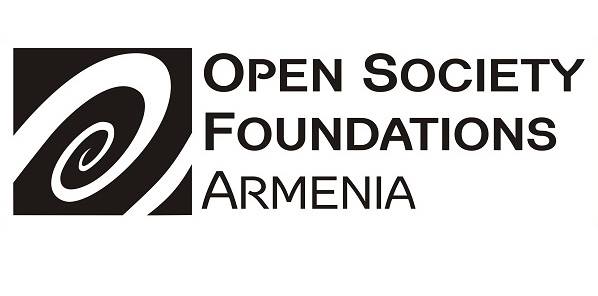
From April 2004 to July 2005, with the support of the Open Society Institute Assistance Foundation – Armenia, the Committee implemented two projects which aim to broadcast the public initiatives on the air of Second Armenian TV Channel (“h-2”) and disseminate the concepts of the Partnership for Open Society Initiative.
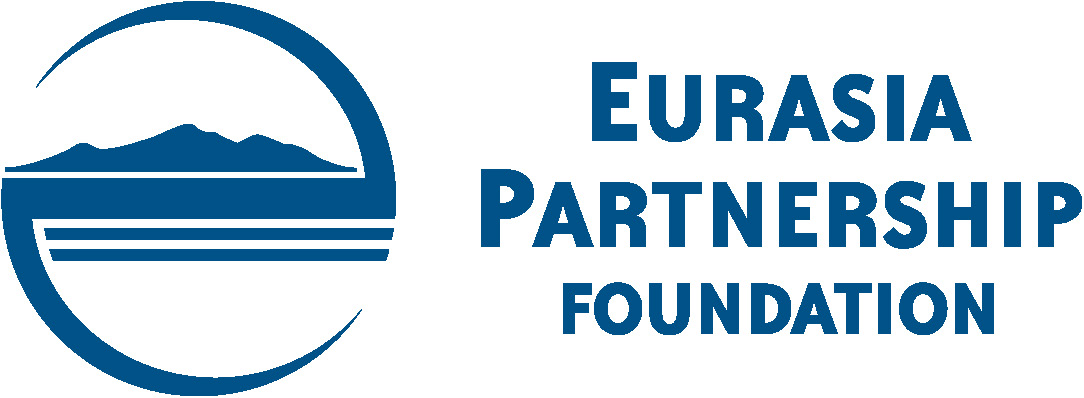
In March 2003 the Committee jointly with Baku Press Club and Young Lawyers Association of Georgia implemented a regional project, “Harmonization of media legislation of South Caucasus countries with European standards”, supported by the South Caucasus Cooperation Program of Eurasia Foundation. From August 2003 to September 2004 together with the same partners and with the support of the same donor organization a huge programme was implemented aimed to synchronize the improvement of the media activity legislation for regional three countries and to bring the existing legislation in line with the international standards.


